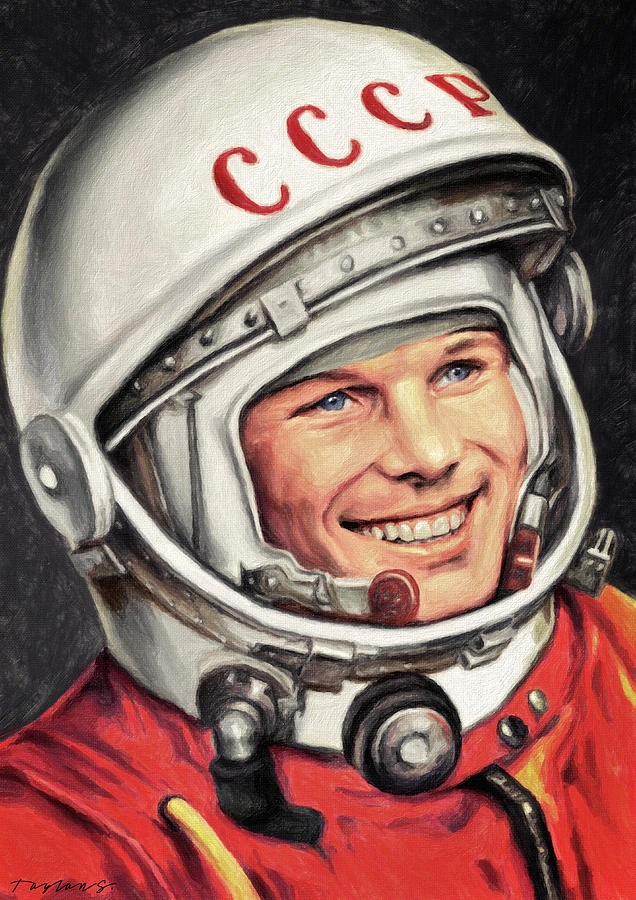Counterpoint: a poorly placed goose can disable jets that can break the sound barrier.
A pebble on the ground getting sucked up by the air vortex caused by the jet engine intake while it's taxing around the runway can destroy an engine, like fuck man machines are more fragile than we think they actually are.
There's a kind of historical oddity that when weapons were primarily used in melee they were in an arms race to get stronger and more durable. Stone to bronze. Bronze to iron. Iron to steel.
But the more capable these modern weapons are at killing the more fragile they become. Minutemen (nuclear) missiles cannot be perpetually fueled. They have to empty and refuel it in intervals because the fuel is too volatile to just hang out without trying to party.
Bronze to iron.
Iron is actually less durable than bronze. The only reason it overtook bronze as the dominant weapon material is because it was far more abundant. A thousand dudes with iron spears are going to beat a hundred dudes with bronze spears.
copper and tin both also form under completely different geological conditions don't they? so they are never near each other
I love being wrong in a way that informs me, thanks for the correction that is really interesting!
Just to be clear as well, it's not a big gap. Iron is harder than bronze, but more brittle. Bronze weapons/tools will bend with use, and then you bend them back into shape over your knee. Iron is harder to bend, but easier to break. Bronze has to be pushed pretty hard to break.
Steel is springy and very difficult to bend out of shape, and also much harder. So it just completely outclasses both.
Perpetual means never ending or changing, perpetually in this case is used to mean fueled forever.
Permanently fueled? Perpetual makes me think of something that is constantly being fueled as it is depleted.
Yeah I thought it was an odd word choice as well, but due to the additional context provided that was the only way to interpret it. To me when I hear the word it means to repeat a process or status that never changes or ends. "It's fuel must be perpetually replaced every X years". However based on the definition which may not exactly reflect it's modern usage it does make sense in that situation, even if it seems a little strange.
Your good-faith interpretations were correct. I should have said "permanently" or perhaps even further clarifying it by saying they cannot be "ready to launch" at all times.
In Kurt Vonnegut's 1963 novel Cat's Cradle - the US military wants their tanks to go through the mud faster so they want to use an ultra-high tech substance called ice-nine. It's capable of solidifying mud. But the US abuses the use of the substance. All the water on earth turns into ice-nine. The earth becomes an ice ball, there's a mass extinction event, and human beings go extinct.
Cat's Cradle is a satirical postmodern novel, with science fiction elements, by American writer Kurt Vonnegut. Vonnegut's fourth novel, it was first published in 1963, exploring and satirizing issues of science, technology, the purpose of religion, and the arms race, often through the use of black humor.
[...]
Ice-nine [was] created for military use. [...] Ice-nine is an alternative structure of water that is solid at room temperature and acts as a seed crystal upon contact with ordinary liquid water, causing that liquid water to instantly transform into more ice-nine.
Was it though. Vonnegut claimed that it was based on something Langmuir suggested to Wells in the 30s and the novel was published in 63, three years before the whole polywater thing seems to have reached the anglo scientific community.
I don't how true is that but I've read recently that most advanced armies are moving away from the tanks.






